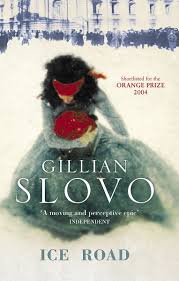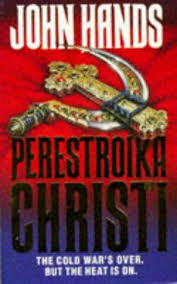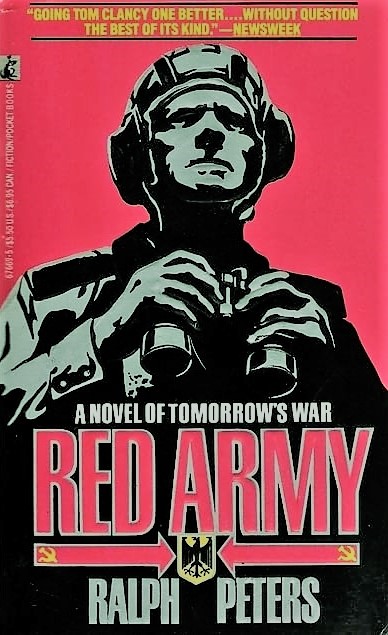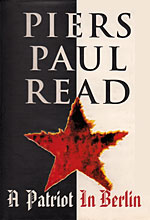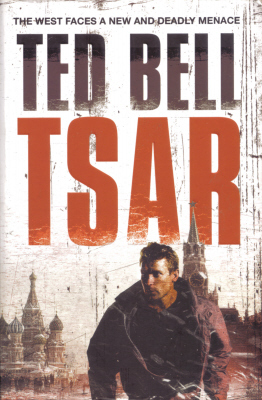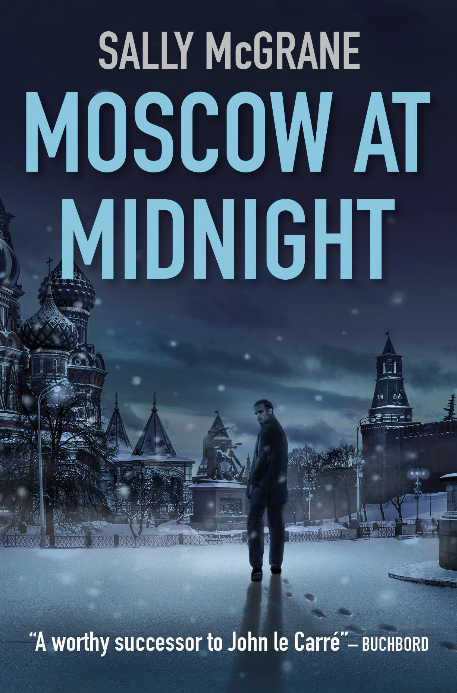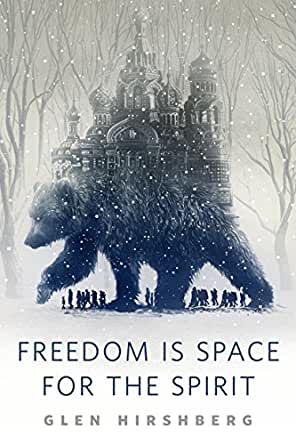
A beautifully written allegorical fantasy in novella form, Glen Hirshberg takes Thomas, a middle-aged German on the cusp of fatherhood, on a short trip back to the city where he spent his wilder younger student days in the early 1990s. That city is St Petersburg. A city that itself has changed from those wilder days into a far more settled state.
So Freedom is Space for the Spirit is an allegory of life stages, looking back to the open fields of youth as the responsibility of parenthood approaches? And of the new Russia beginning to establish itself more securely after its chaotic early years?
May be so.
Continue reading